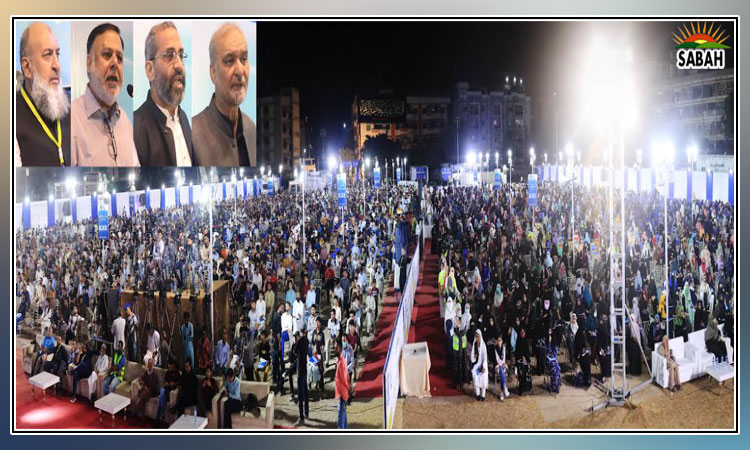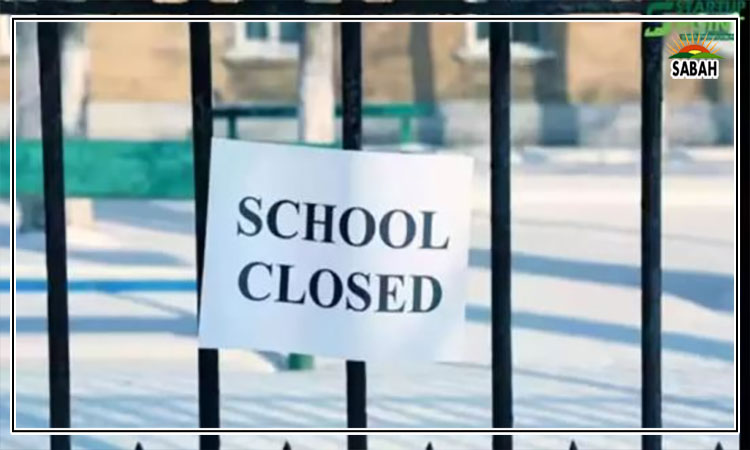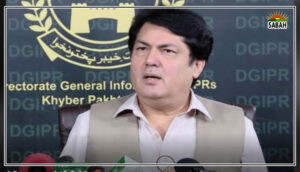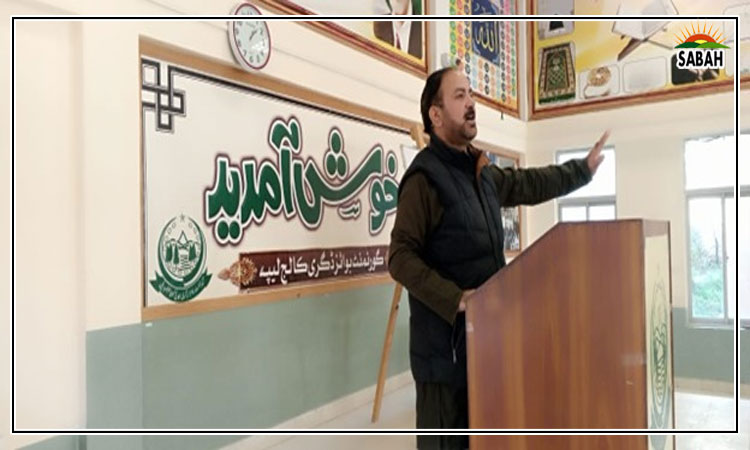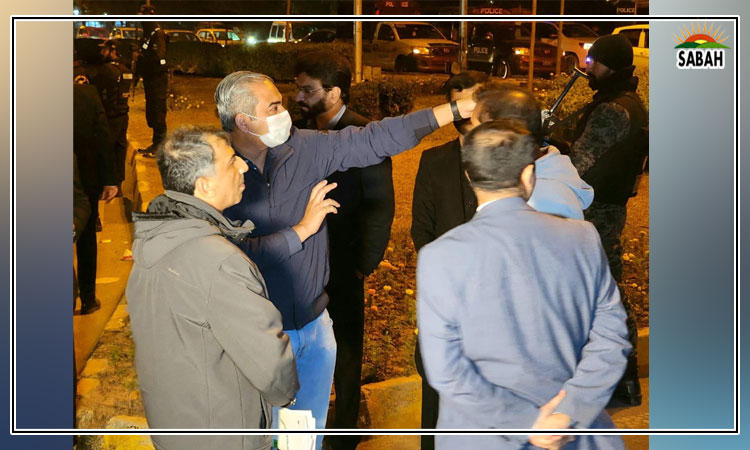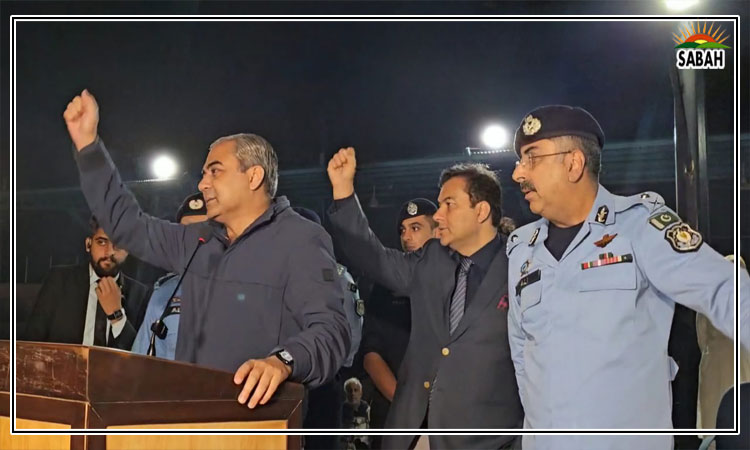Indo-Pak trade restart?…By Maryam Mastoor
Facing significant economic challenges, influential sectors in Pakistan are now examining the potential benefits of re-establishing trade ties with India. Diplomatic relations between the two countries were downgraded following India’s revocation of Article 370 in August 2019, which removed the special status of Occupied Jammu and Kashmir.
Despite the tensions, the concept of trade with India is being seriously considered, as economic interdependence often reduces the likelihood of war. Historically, countries with strong trade relationships have shown a lower risk of escalating into military conflicts. For instance, the US and China, despite intense strategic rivalries and mutual efforts to counterbalance each other’s influence, have deeply interconnected economies. Analysts in Pakistan argue that similar economic engagement with India could contribute to greater stability between the nuclear-armed neighbours. By fostering trade, Pakistan and India could reduce the chances of armed conflict, which, if it occurred, could potentially involve China as well — a concern highlighted by foreign policy analyst Daniel Markey.
South Asia is among the least economically integrated regions globally, with longstanding tensions between India and Pakistan as a primary factor. The South Asian Association for Regional Cooperation (Saarc) has struggled to foster economic integration, largely due to the historic rivalry between these two nations. This enduring conflict has hampered the region’s potential for intra-regional trade and connectivity, undermining opportunities for collaboration that could drive economic growth and prosperity across South Asia.
Bilateral trade, in particular, could significantly benefit the people of Jammu and Kashmir, a region deeply impacted by the India-Pakistan conflict. In 2005, Pakistan and India opened two key trade routes: one connecting Srinagar to Muzaffarabad in Azad Kashmir, and another linking Poonch to Rawalakot in Jammu. These routes allowed for cross-border trade until 2019, facilitating exchanges that amounted to approximately $1.2 billion and directly benefiting local communities on both sides of the Line of Control (LoC).
In a noteworthy shift, Pakistan’s Foreign Minister Ishaq Dar announced in March 2024 that Pakistan was “seriously considering” the possibility of restoring trade ties with India, signaling a change in perspective within Islamabad.
With the formation of a new government in Pakistan, there have been signs of interest in re-engaging economically with India. However, these diplomatic overtures have so far been met with a lukewarm response. In August, India’s Minister of External Affairs S Jaishankar, firmly stated that the “era of uninterrupted dialogue” with Pakistan had ended. This position reflects India’s cautious approach toward re-engagement.
Likewise, at the Shanghai Cooperation Organization (SCO) Summit in October 2024, initial reports suggested that Jaishankar and Dar had discussed reviving cricket matches as a form of diplomacy to “break the ice”. However, a day later, India’s Ministry of External Affairs issued a statement denying that any such dialogue had taken place.
The possibility of ‘cricket diplomacy’ in Indo-Pak relations harkens back to earlier successful efforts to defuse tensions through sports. In 1987, during a period of heightened tensions, Pakistan’s then-president General Ziaul Haq visited India unexpectedly to attend a cricket match in Jaipur. His sudden presence helped ease the standoff, and it is considered a classic case of sports diplomacy in South Asia.
But today’s situation is more complex and precarious. Following the August 2019 downgrading of diplomatic relations, formal communication channels between the two countries remain minimal, marking the longest period of reduced contact in their modern history. While previous dialogues occurred even at the brink of conflict, today both formal and informal communication channels are largely avoided.
In recent years, under the leadership of Prime Minister Narendra Modi, India’s approach to Pakistan has shifted significantly. The current policy is one of strict diplomacy, which may be termed as ‘zero engagement’. Additionally, India has linked its stance towards Pakistan with concerns over terrorism, Therefore, diplomatic overtures from Islamabad have frequently met with scepticism in New Delhi. This was evident when Nawaz Sharif congratulated Modi on his third election victory, urging that hate be replaced with ‘hope’. Modi’s response, however, underscored security concerns, reflecting a prevailing atmosphere of mistrust toward Pakistan’s leadership.
With New Delhi appearing resolute in its stance, Pakistan is left with limited options for improving its economic outlook. One possibility is diversifying its trade partnerships beyond China, its largest trading partner. Pakistan could focus on expanding trade with other neighbouring countries, such as Iran and Bangladesh, where trade potential remains largely untapped. Trade with Iran, for instance, could potentially reach $10 billion, while Pakistan-Bangladesh trade could grow to around $2.95 billion if relations were improved.
To support sustainable economic development, Pakistan may also need to adopt an inward-looking approach that prioritises political stability. According to a study conducted by a working group from the IMF, political stability is a key factor in achieving sustainable economic growth. The study found that governments in politically fragmented countries with high levels of instability must address the root causes of such instability to design and implement effective economic policies. Political stability allows for consistent, long-term economic planning, which is essential for fostering investor confidence and maintaining steady growth.
Without political stability, economic progress remains a distant goal. Pakistan needs to focus on political reforms and governance improvements that can create a stable foundation for economic development. By prioritising internal stability and exploring diverse trade opportunities, Pakistan may be able to strengthen its economy and achieve long-term growth, with or without trade relations with India.
Curtesy


